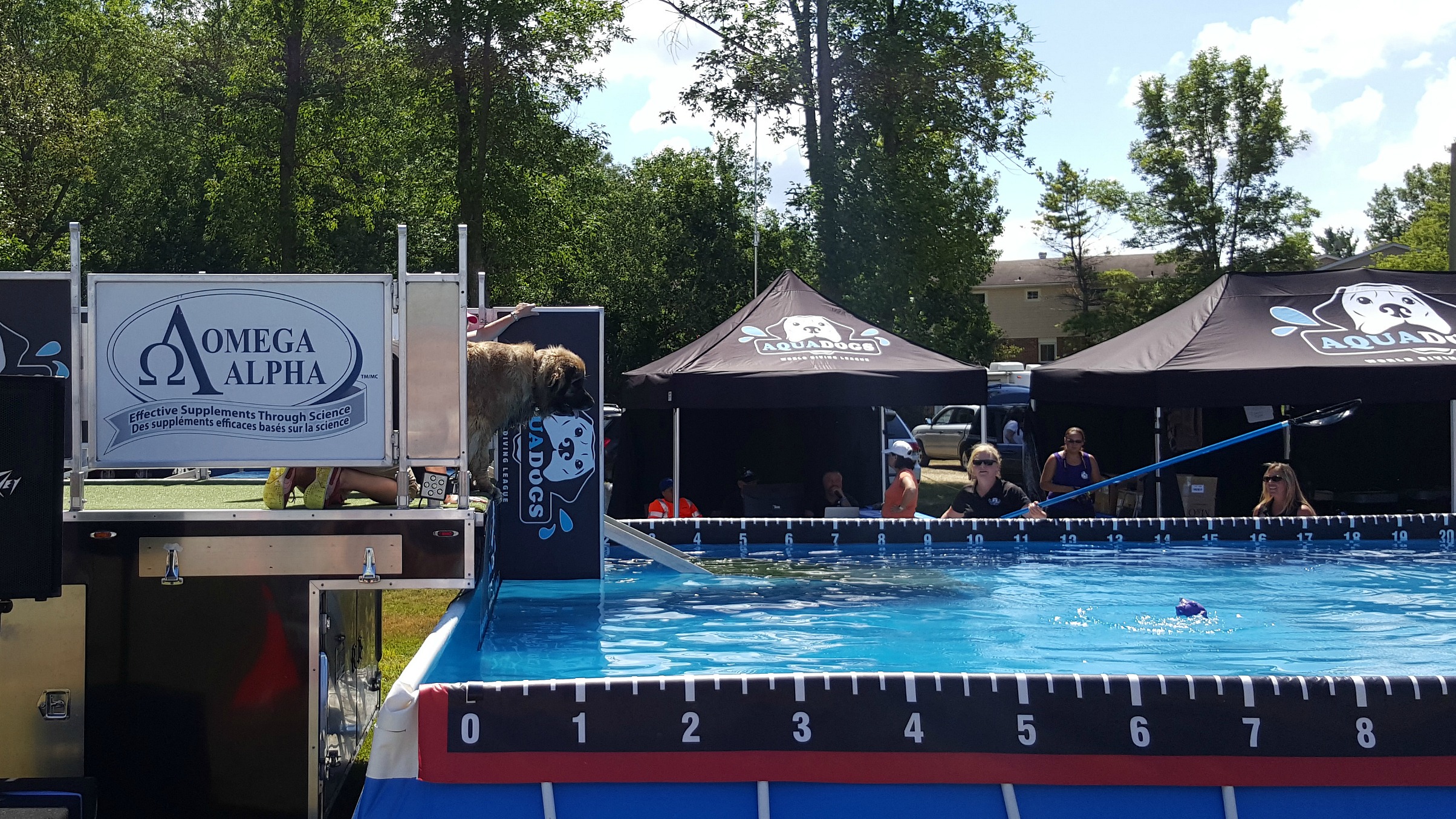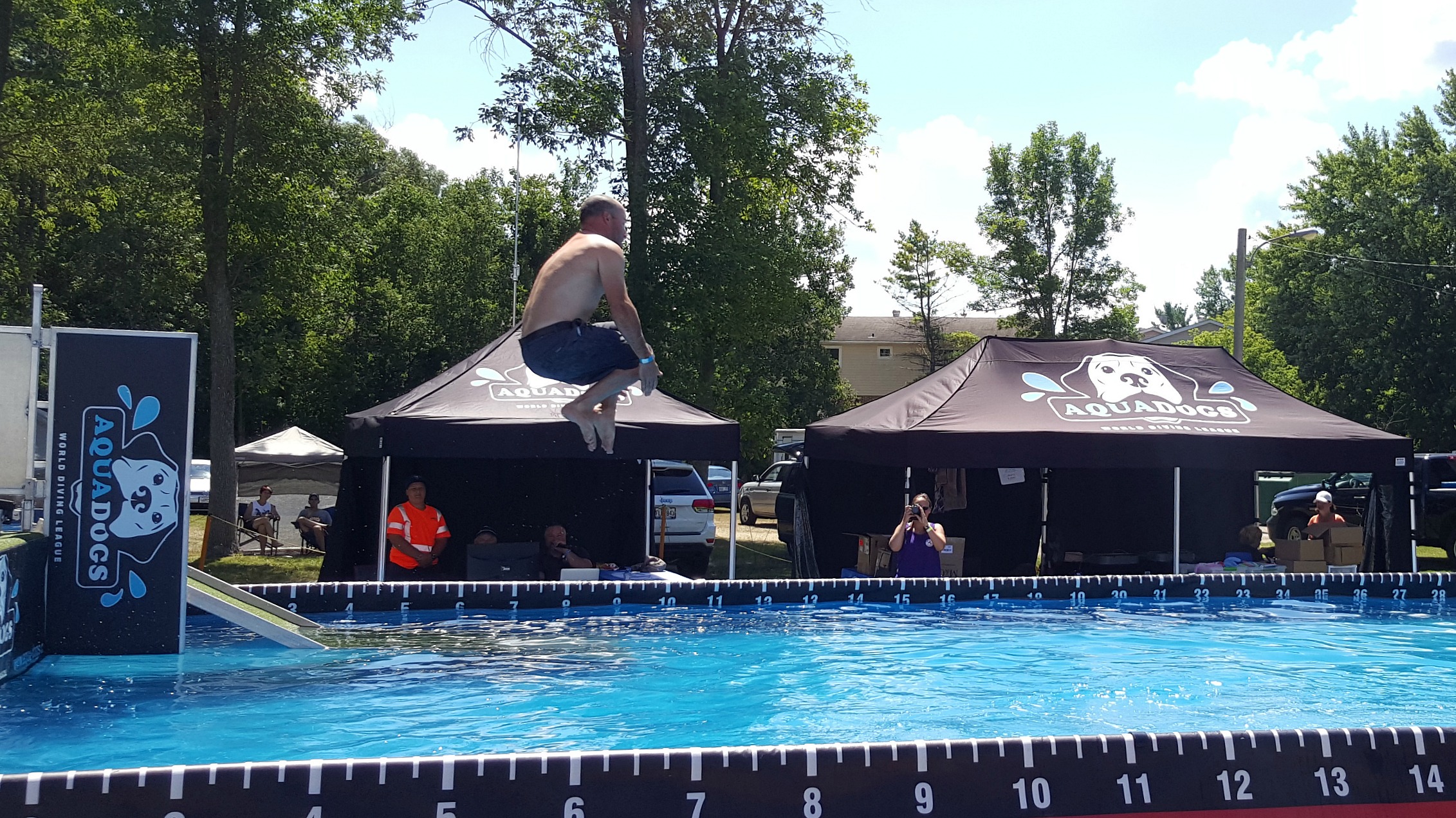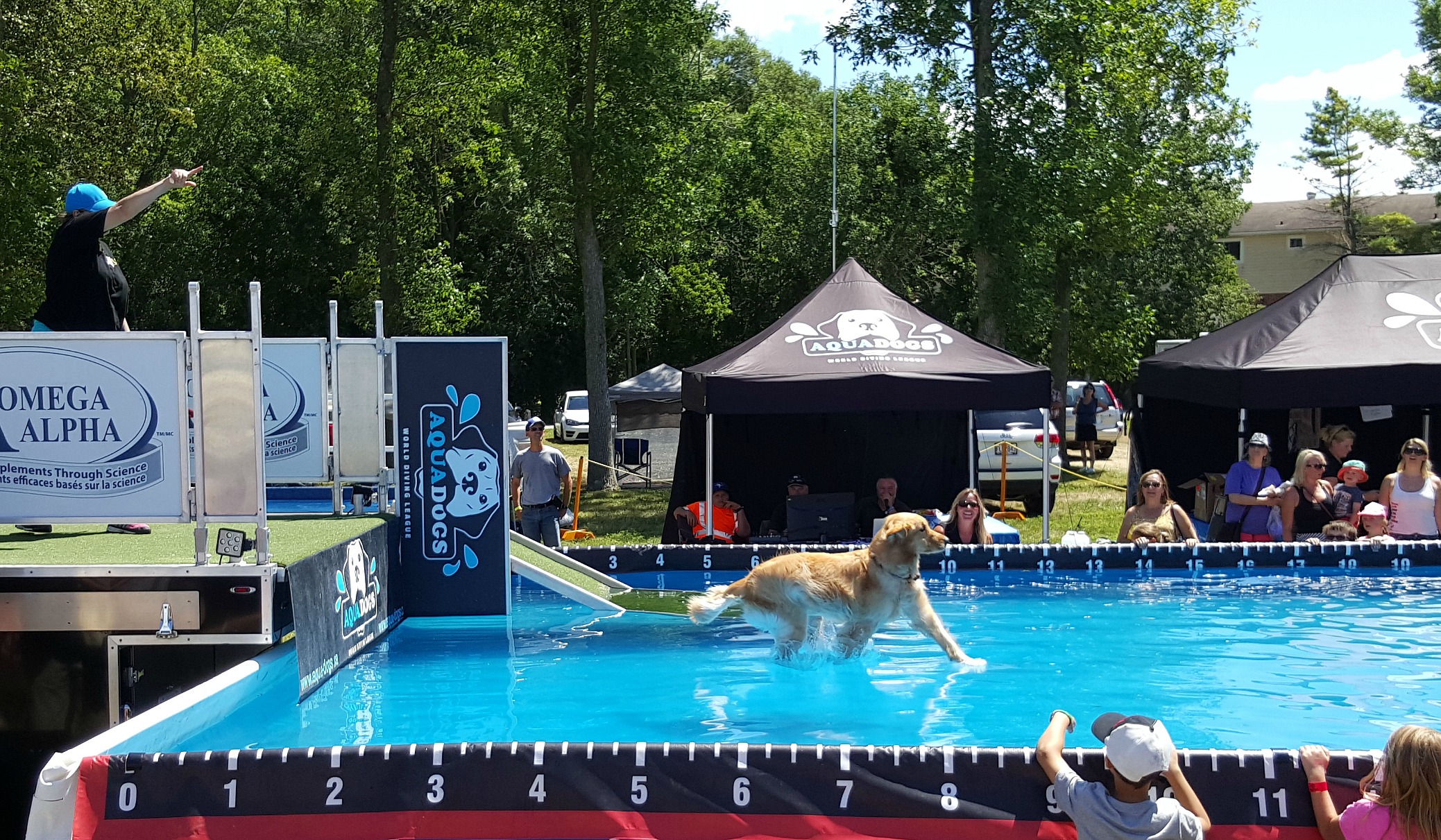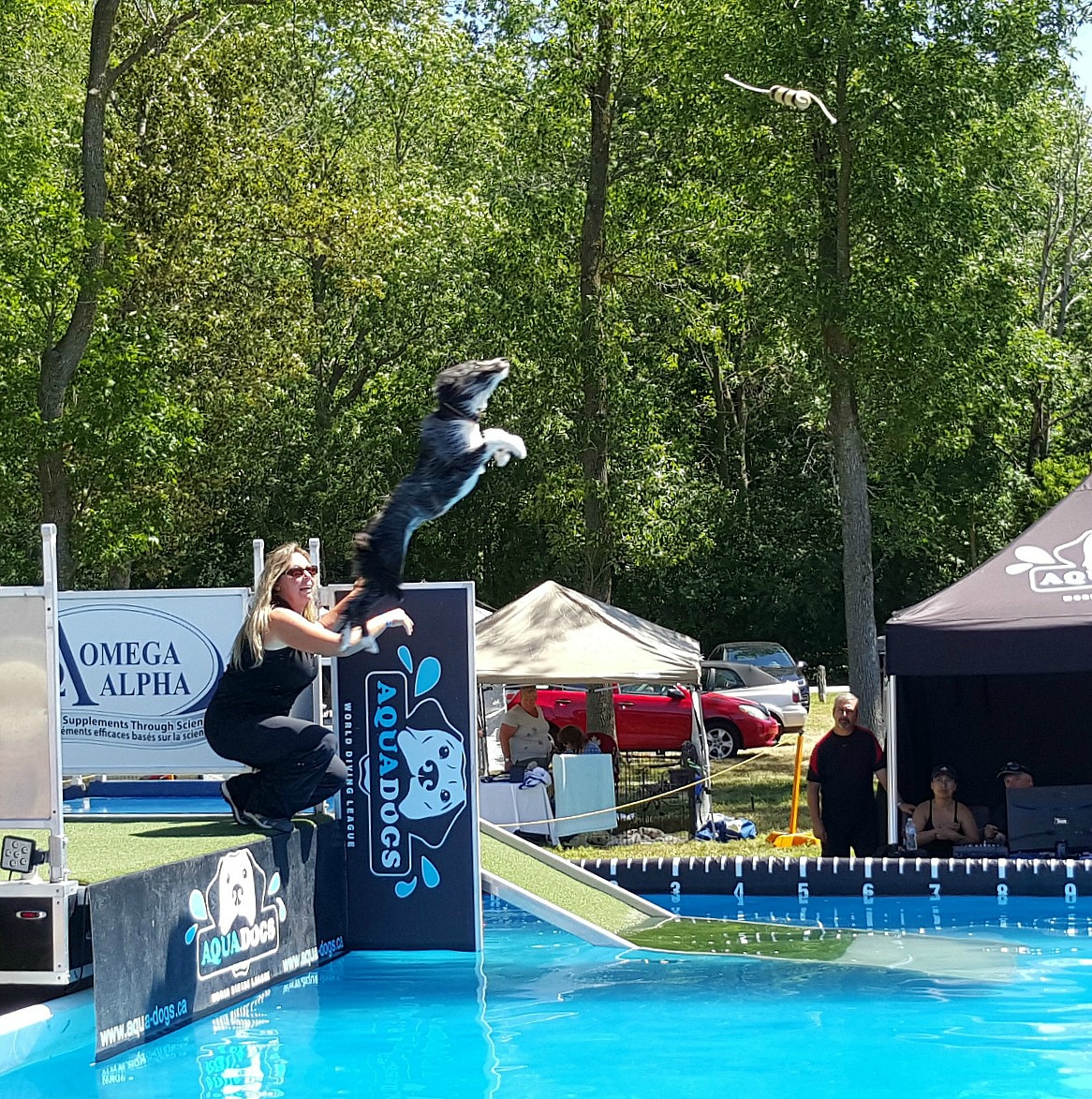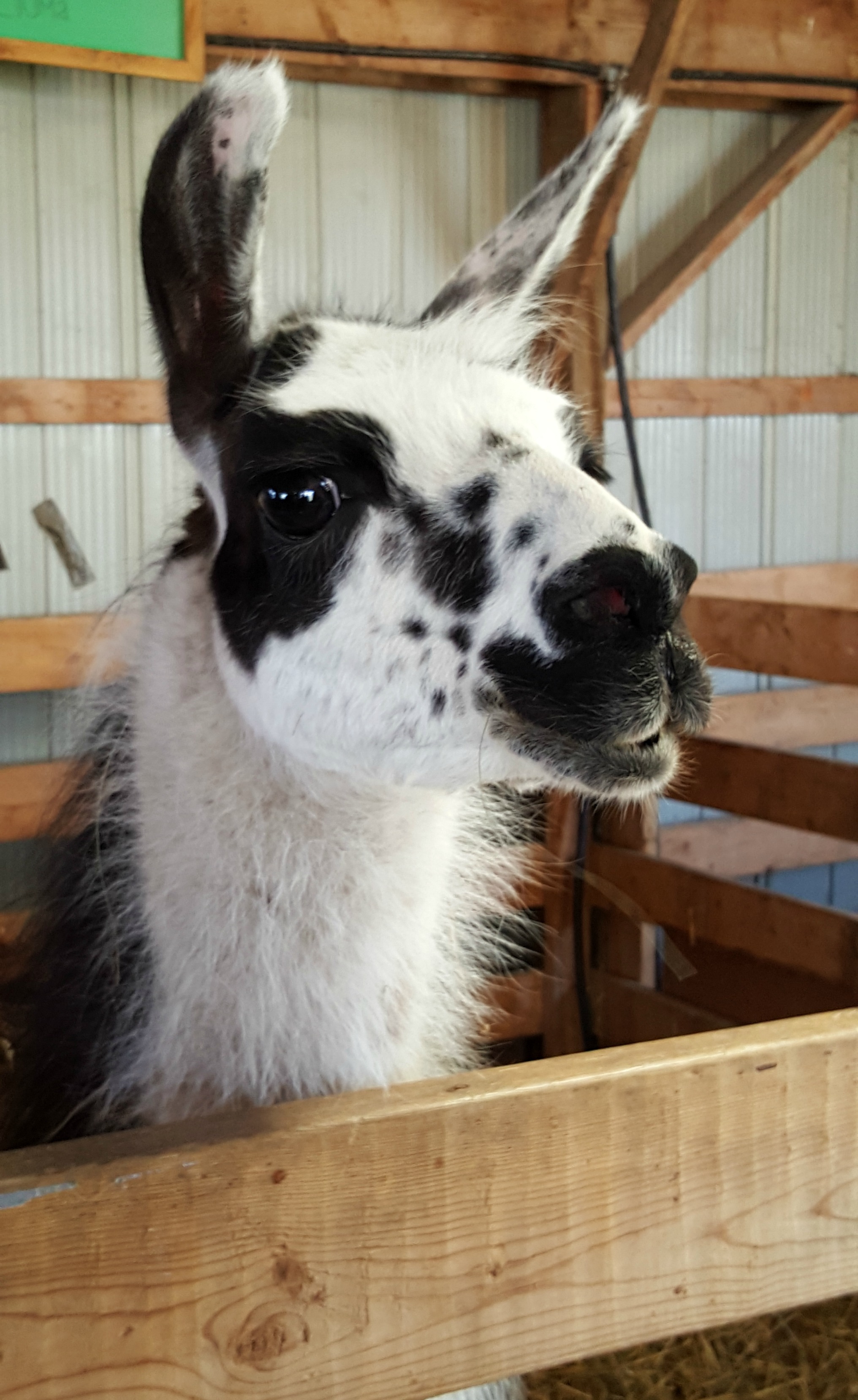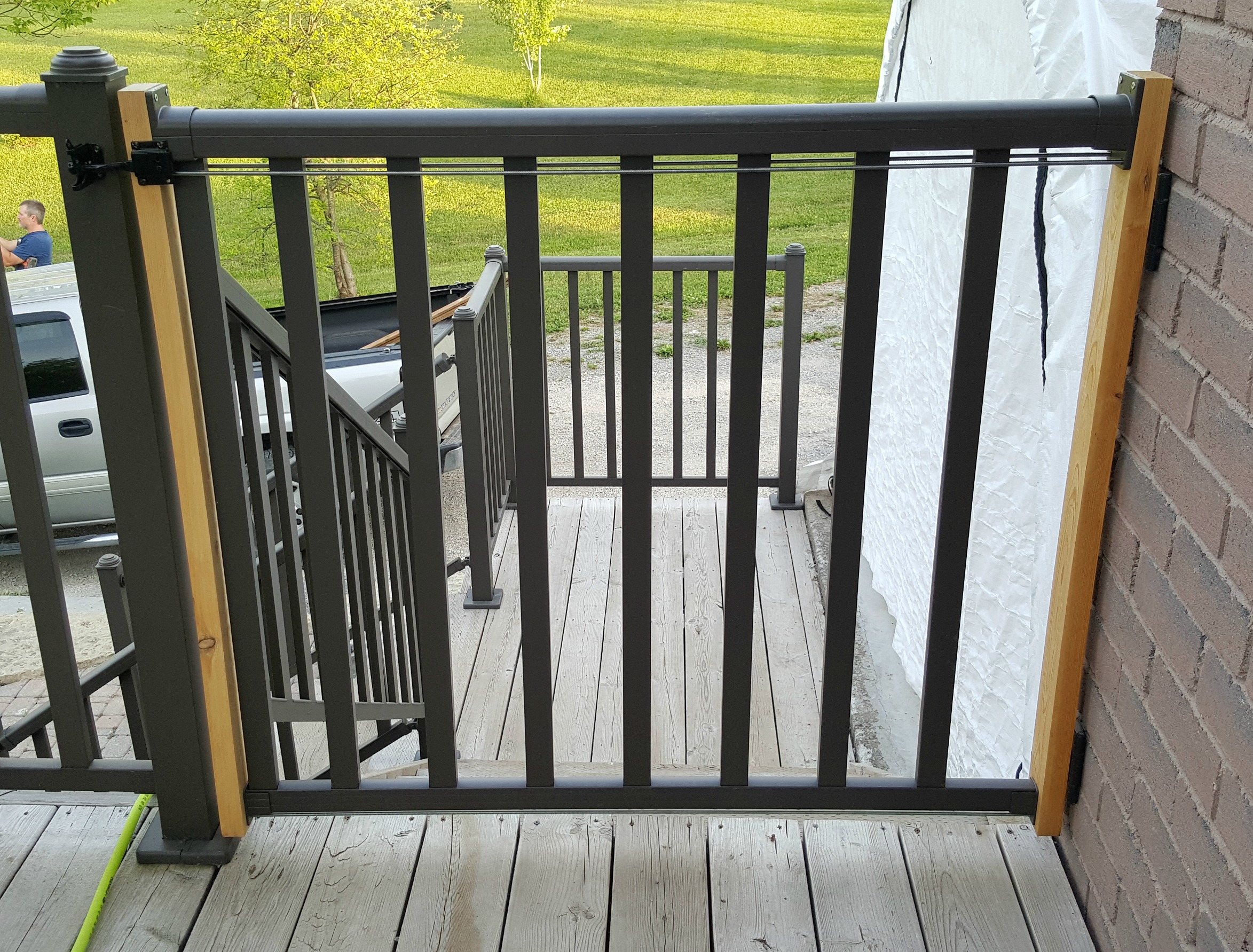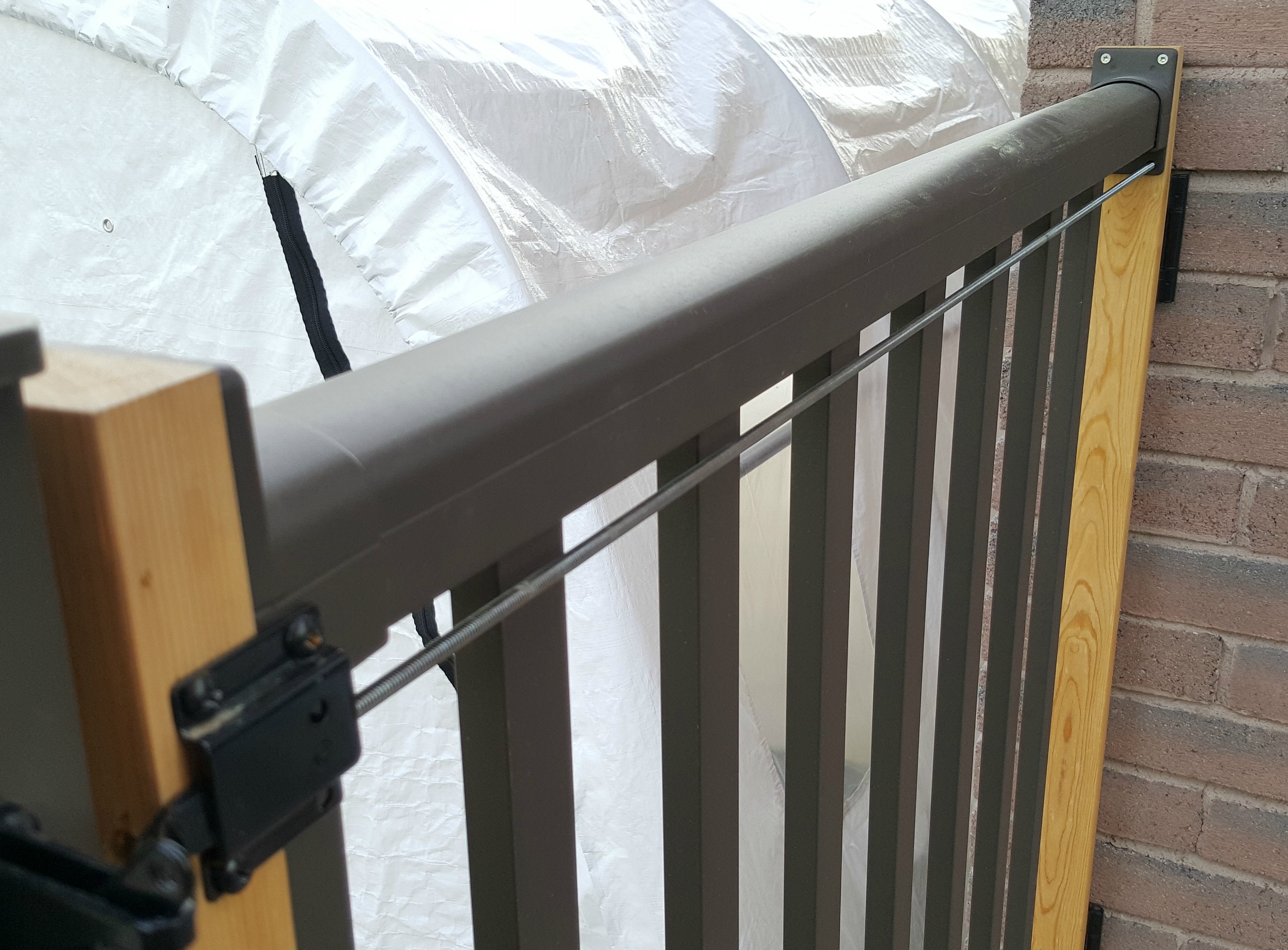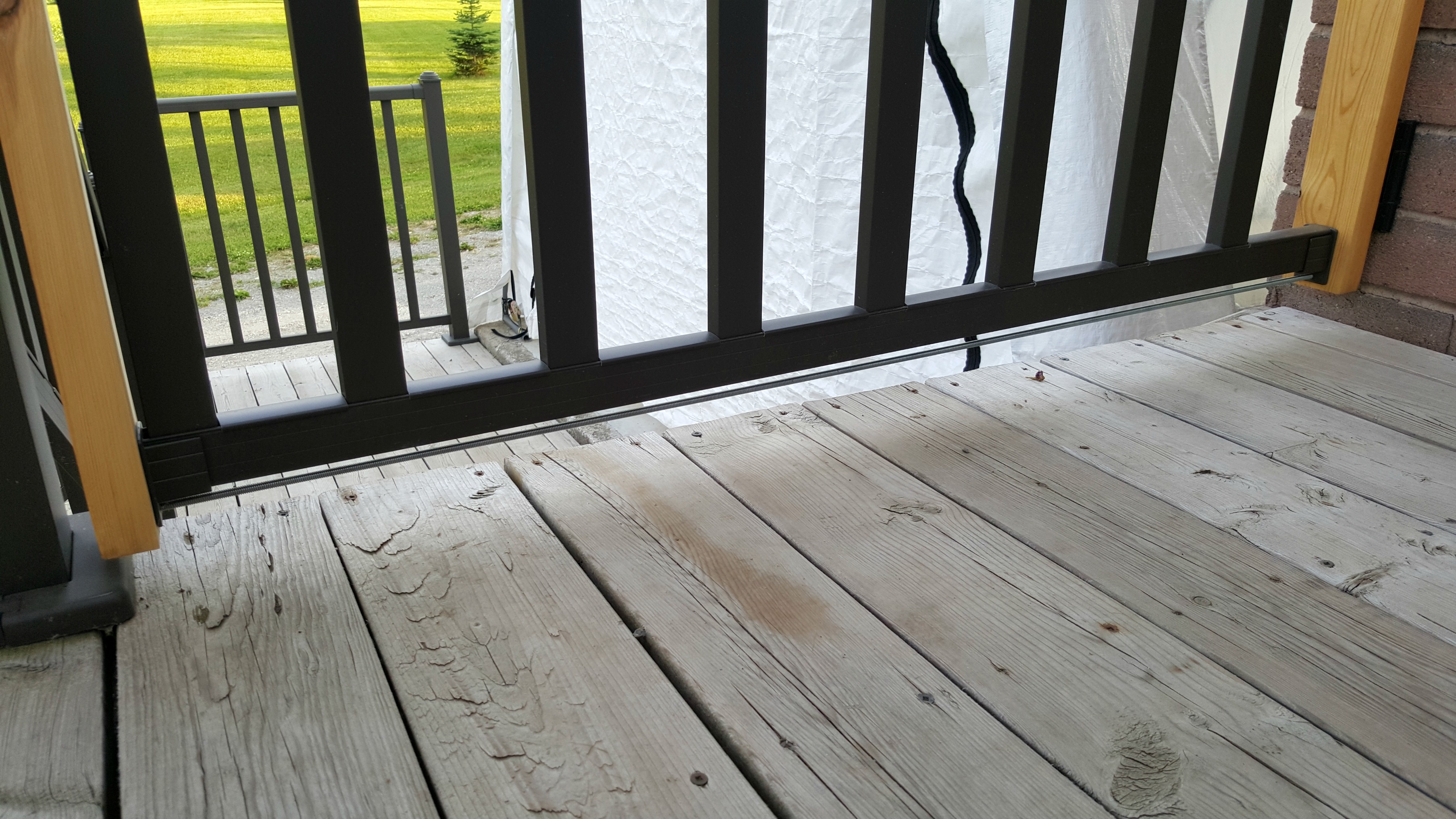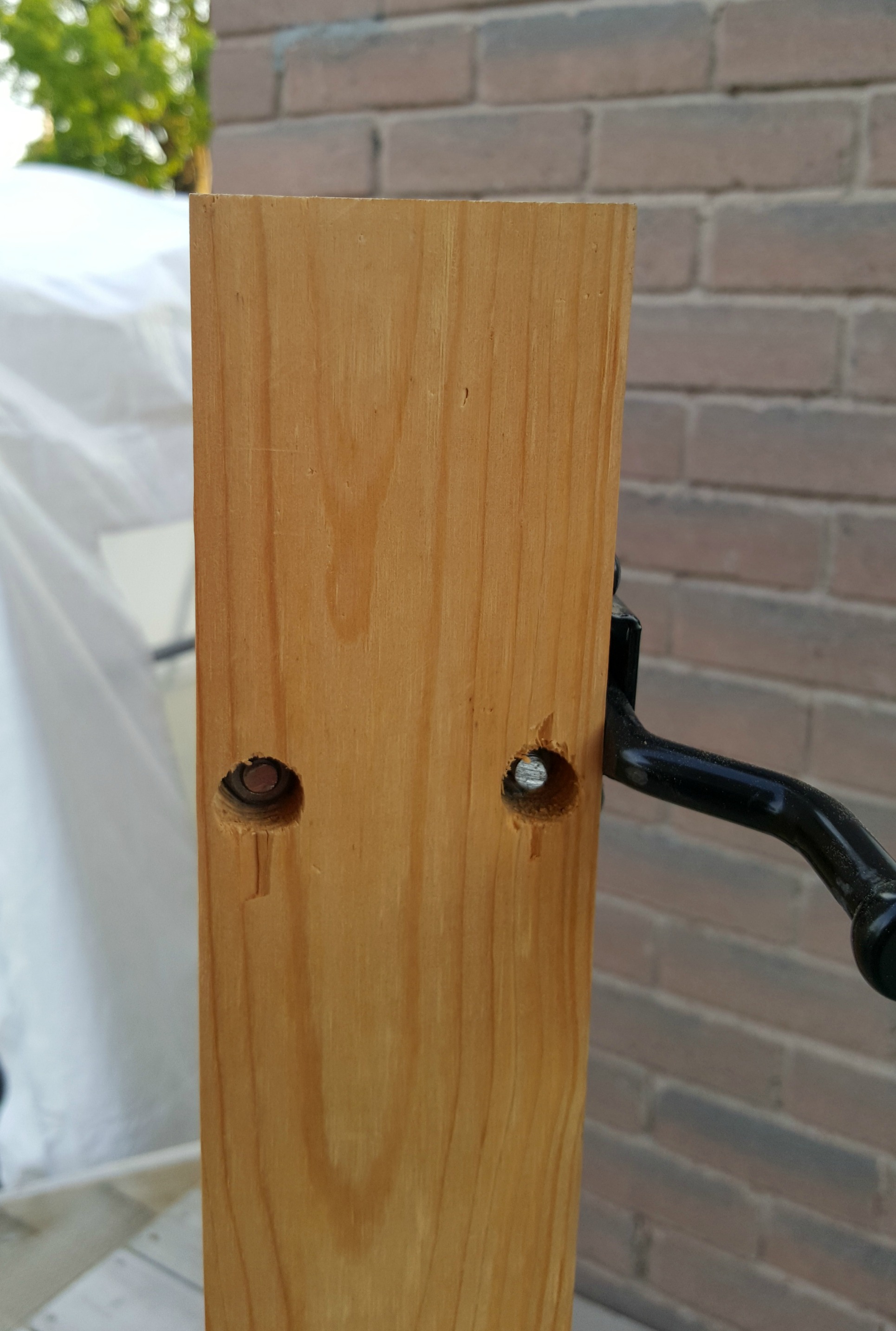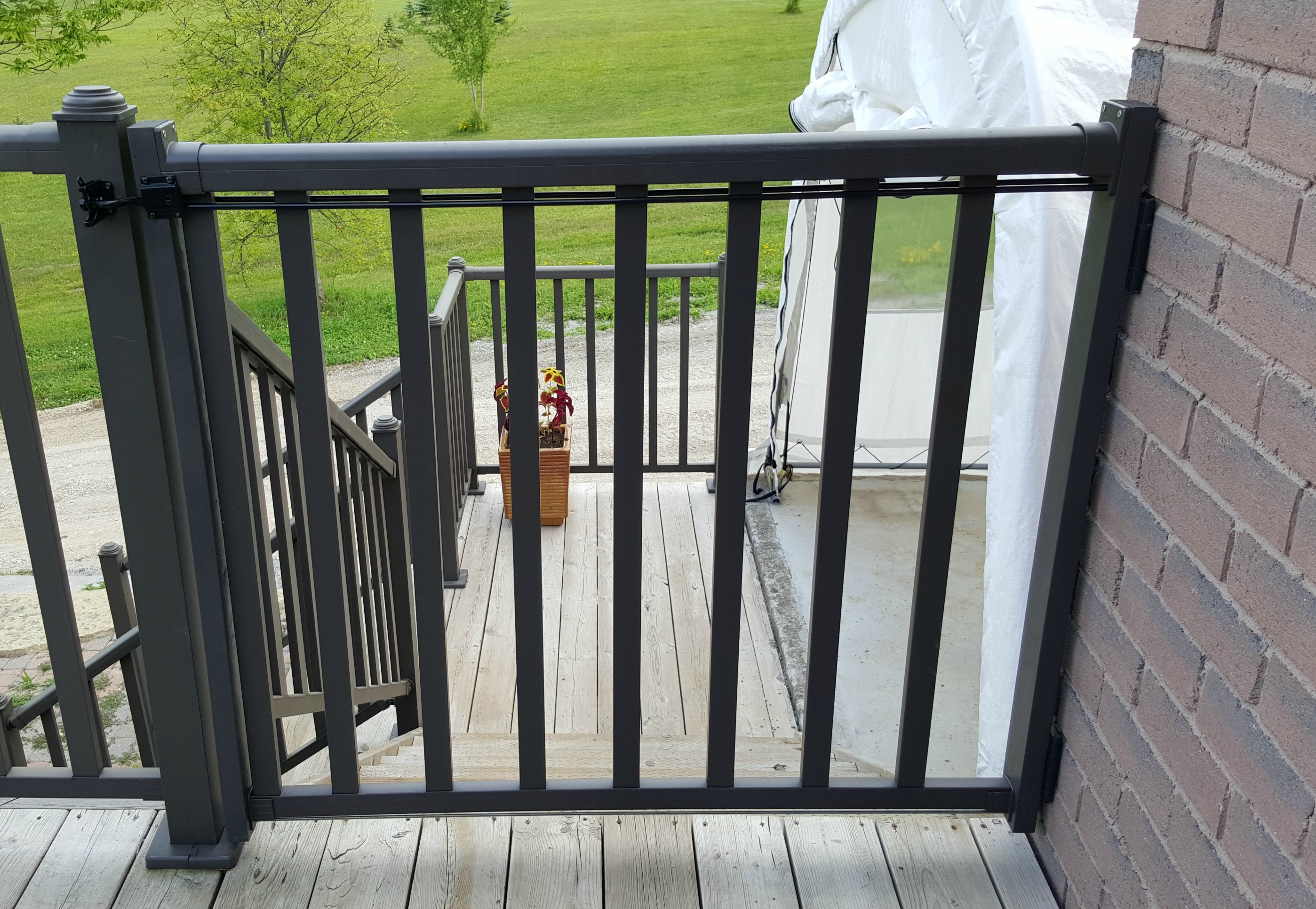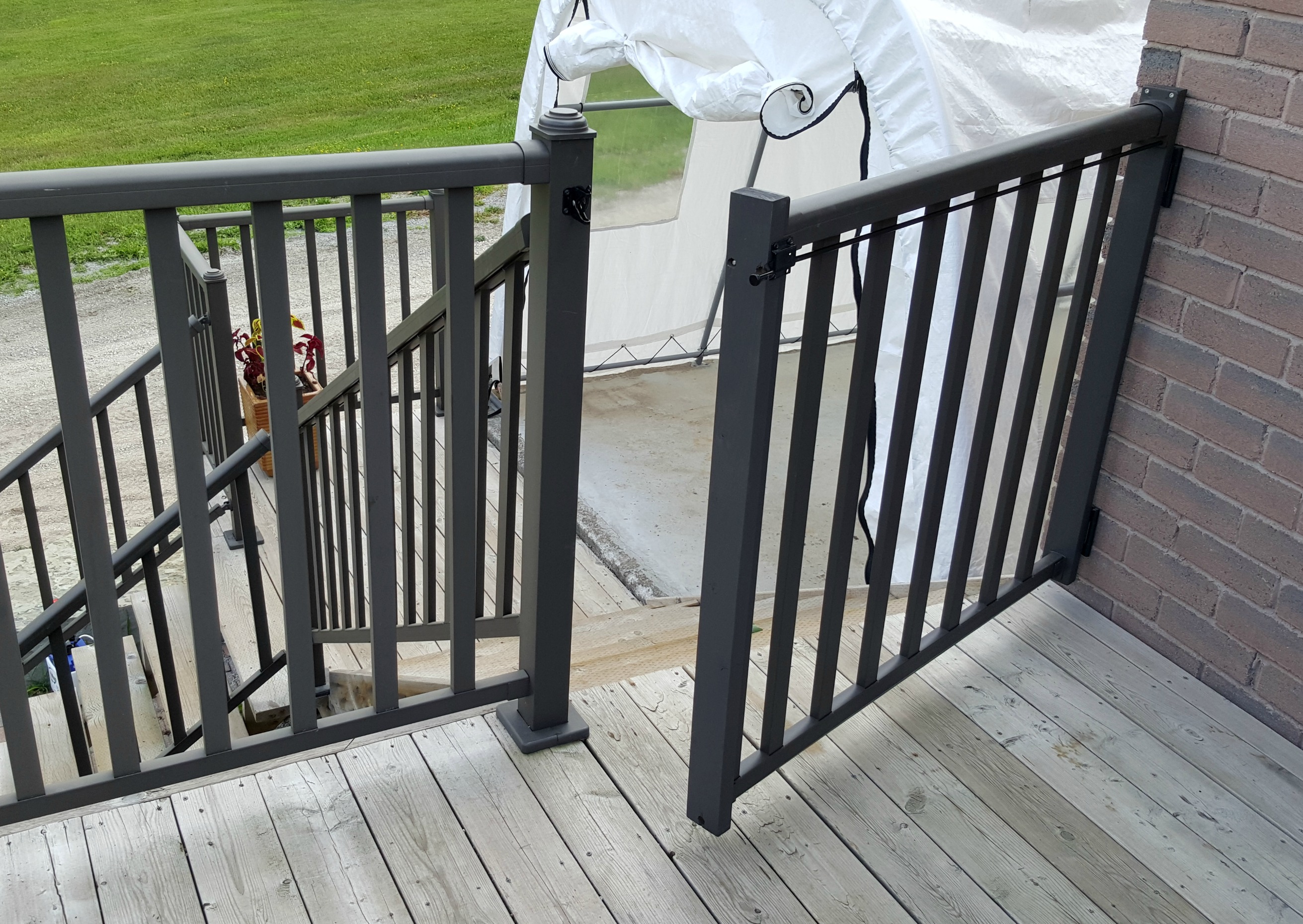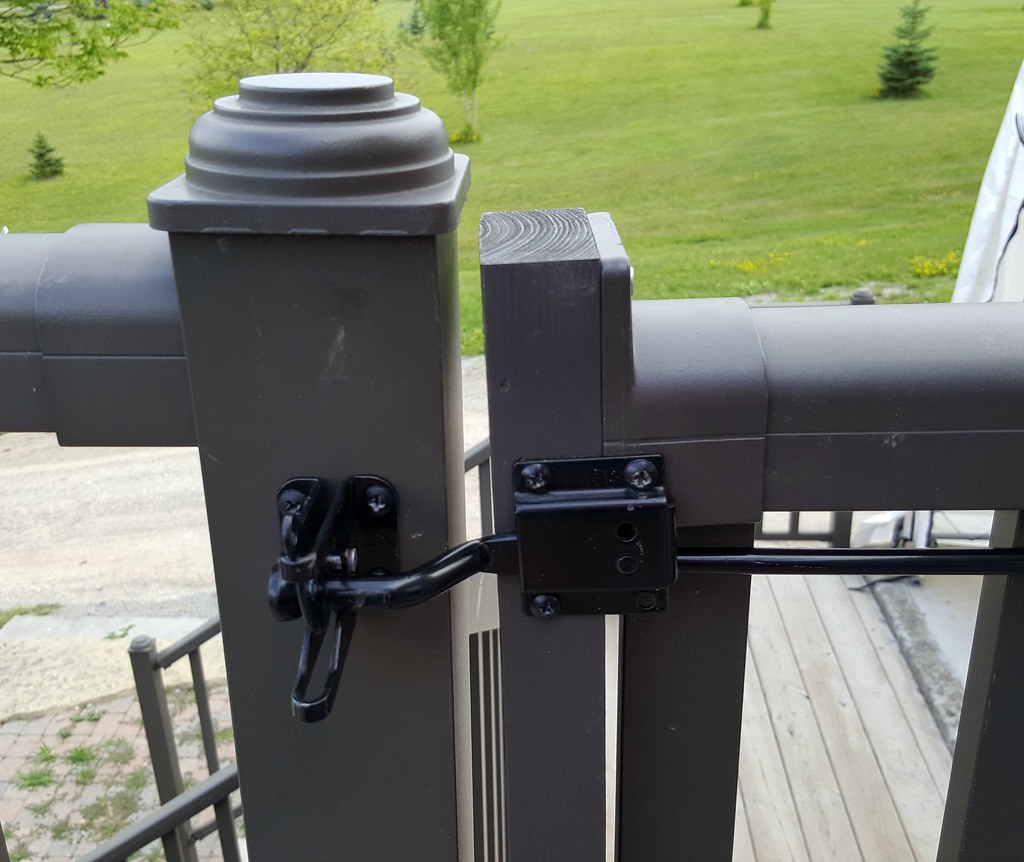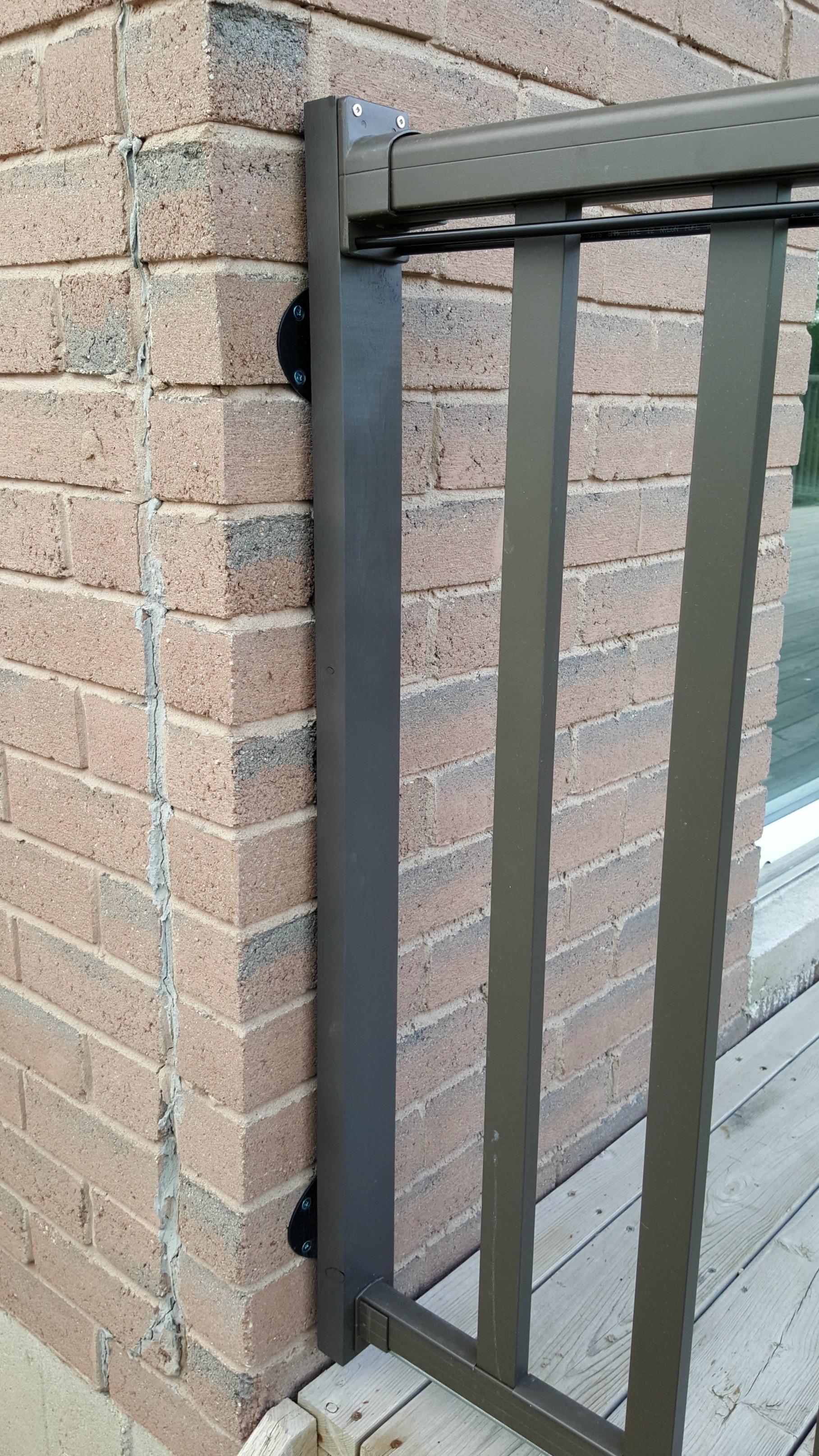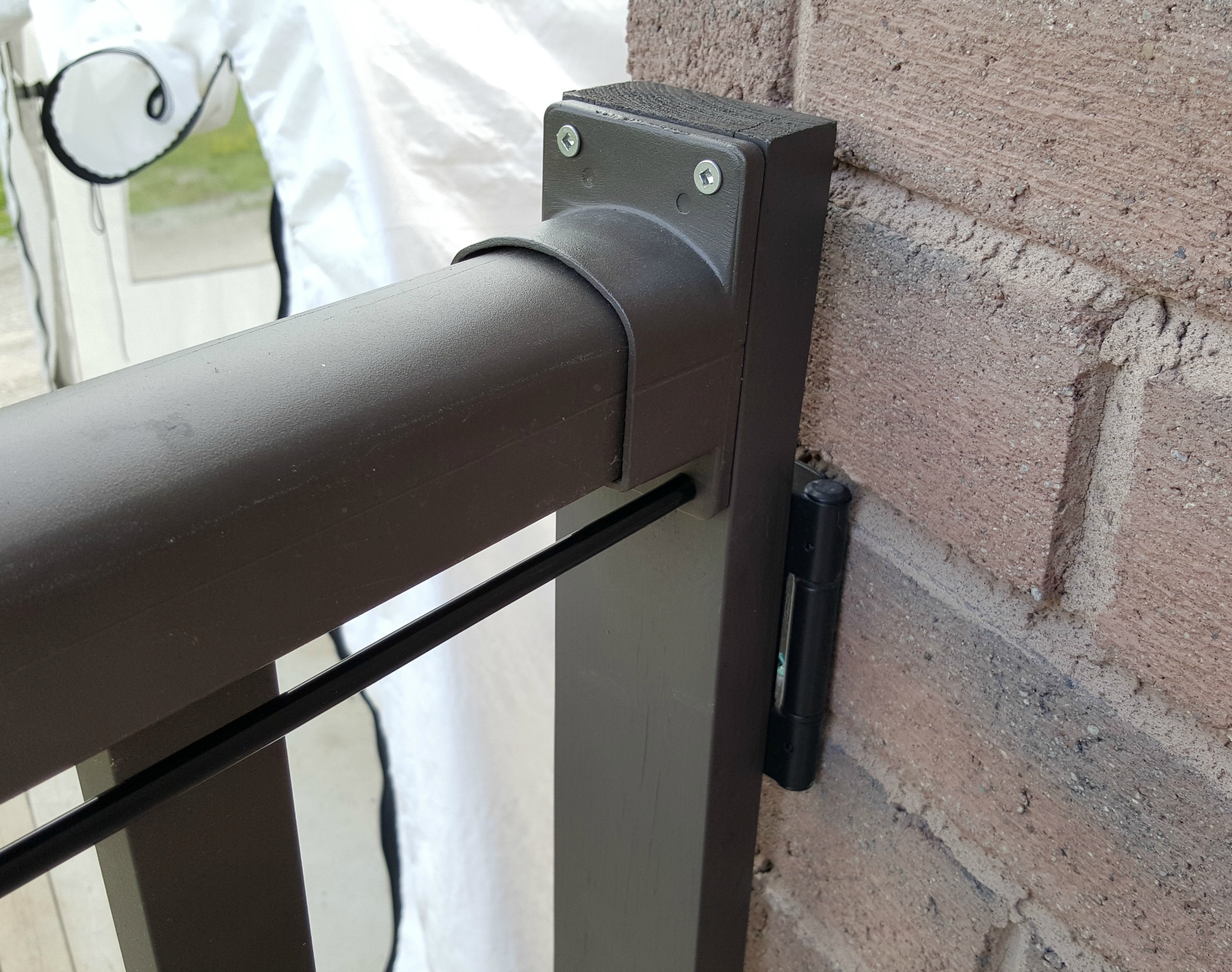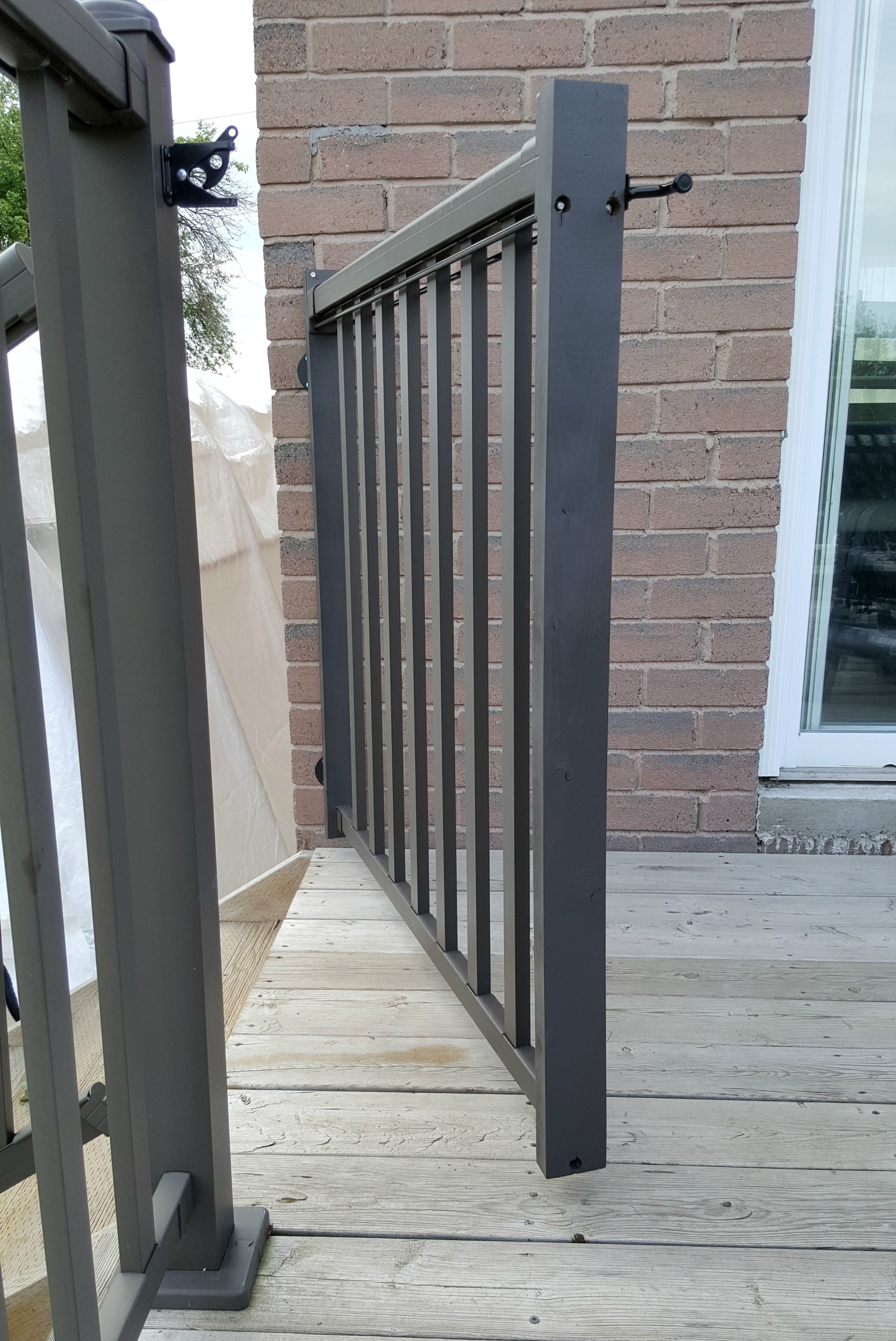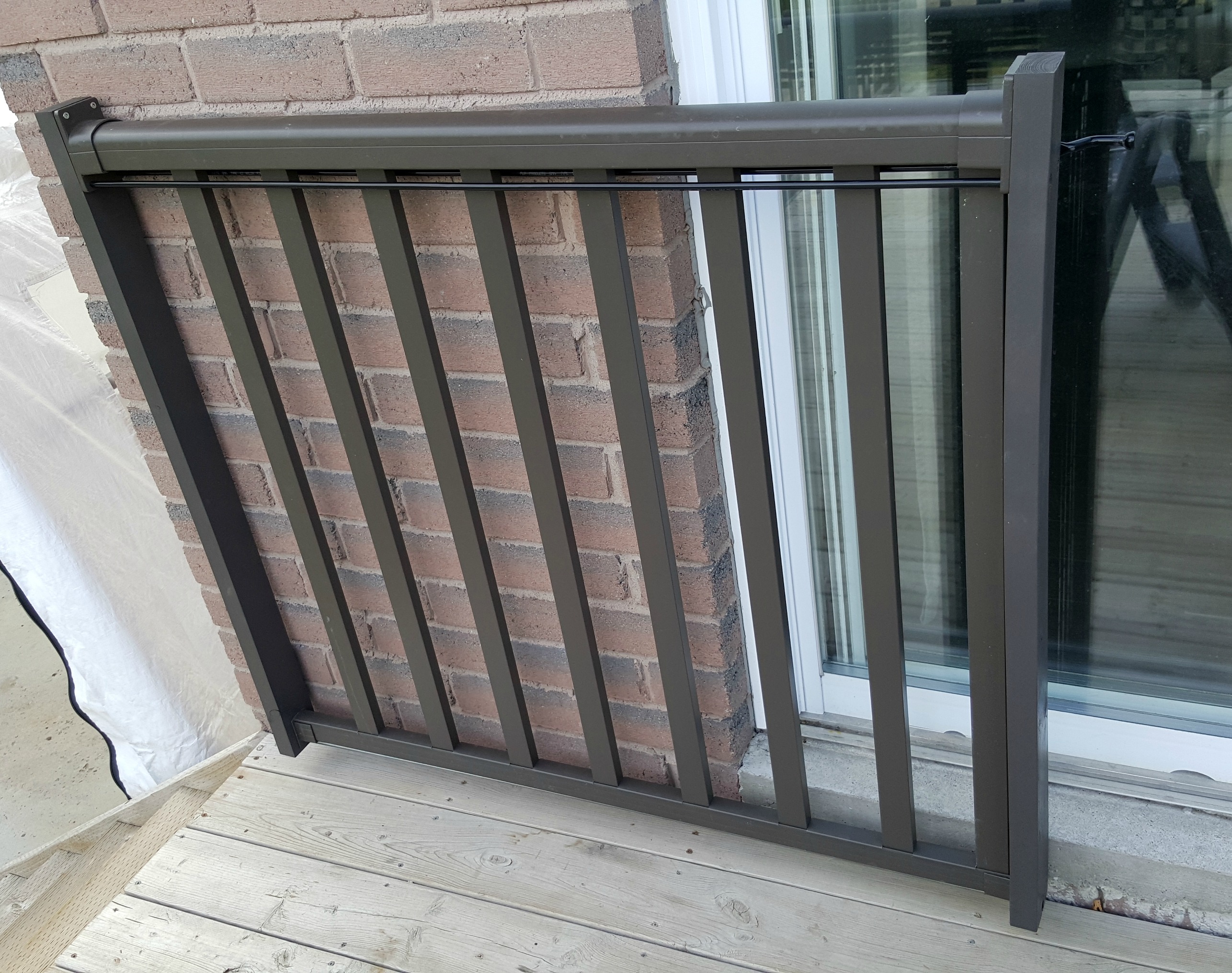One of the great things about our
new house (I will probably call it that for years) is the back deck that runs the entire width of the house. There is more than enough room for a BBQ area, a dining area, plus a casual seating area.
The dogs love to spend time out there watching "Squirrel TV" through the glass panels. Unfortunately we couldn't leave them out there alone as the deck is open at one end with a stairway down to the side parking pad and then down to the backyard. The yard isn't fenced in and we can't trust that the dogs won't see something interesting and take off after it.
What we needed was a gate, but we wanted it to blend in with the railing that's already there. The previous owners had left behind all of the extra railing pieces, so we went through them to see what we had. We found that we had top and bottom rails and enough pickets and spacers for a gate - we were just missing the hinge post and latch post (the ends that sandwich the pickets).
The company that makes our railing -
Classic Railings - does have a gate kit, but you have to buy the entire kit. It also relies on you having an end or corner post on either side of the opening to mount to. We wanted to secure the gate directly to the brick of the house, so we brainstormed a few ideas, including just making a gate entirely from wood, even though it wouldn't match the railing. But Tom was confident that he could make two side pieces that, once painted, would blend in with the metal, so we decided to give it a shot. Since we had all of the materials we wouldn't be out any money if it didn't work.
The horizontal rails come in 8 foot lengths but can easily be cut down to the correct size. Normally these rails attach to brackets built into the corner and/or end posts. These brackets slide right over the rail (or more correctly, the rail slides into the brackets). But you can also buy the brackets individually, so we bought four - two tops, two bottoms - and attached them to the hinge/latch posts Tom made from planed down 2x4s.
Since a gate isn't fixed in place like a stretch of standard railing is, we wanted to make sure it wouldn't ever wobble. We ran a 1/4" threaded rod along each side of the gate, just below the top railing, and one more rod below the bottom rail.
The rods are fed through holes drilled into the wooden uprights and locked in place with hex nuts that are countersunk into the side so that they aren't visible. One day I'll fill the holes with putty and repaint to hide them, but for now it will do.
One of my fears in using lumber to square off the gate was that the raw wood would stand out and it would be an obvious DIY job. But a search of the spray paint aisle at Lowe's turned up
Anodized Bronze from Tremclad. We took the gate apart (good thing the rod holes weren't filled!) and I gave the wood pieces several light coats of paint. It's a
perfect match. Then it was just a matter of putting it all back together.
The gate is anchored to the side of the house with heavy duty hinges, with a standard auto-locking gate latch on the other side to secure it to the deck railing. Of course with everything the same shade now the threaded rod became more obvious, so we covered each one with a black PVC sleeve to help it blend in. The way they coordinate with the hardware it almost looks like it was planned.
Now the dogs have free rein to hang out on the deck and enjoy the fresh air. It's also great when we're out in the yard using power tools or firing the bows - the dogs don't have to stay cooped up in the house - and we don't have to worry that they're underfoot or in danger.








